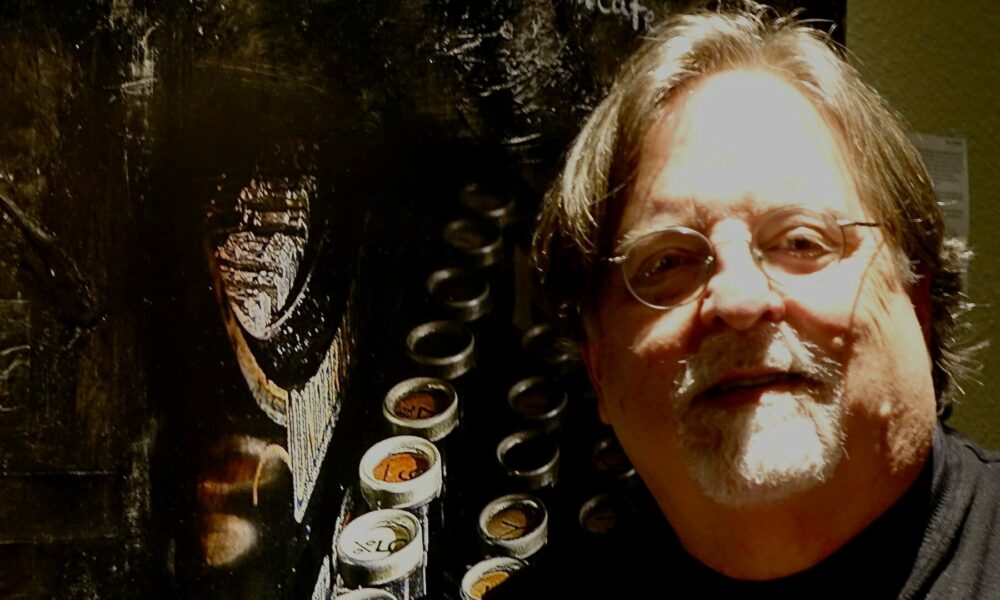

Today we’d like to introduce you to John Crawley.
Hi John, thanks for joining us today. We’d love for you to start by introducing yourself.
I became a writer after a college professor said, “You ought to consider being a writer”:…So we have him to blame. He said that after I turned in a short story assignment for his class, which he liked so much he made me read it in front of the entire class.
Before that time, I had no real idea of what it was I was going to do with my life.
After school at UT Austin and knowing that I wanted to write for a living, I went into journalism, working for several radio stations and a TV station, but found the pay in local, small-market broadcasting was very minimal. So the station manager said he would up my pay if I sold, wrote, and produced commercials. Before long, I was working for ad agencies in Texas and California. I created ads for Volvo, American Airlines, Whataburger, Mazda, Albertson’s, and Jaguar…to name a few. TV, radio, print, and multi-media shows…I did it all. (I even did a commercial in Navajo…for real! Not a lot of writers can say that.)
While working on Mazda, I discovered we basically had a cycle of six months on and six months off. The off period was while we waited for the factory to roll the next year’s line out the factory door. In the downtime, I decided to write my first novel. And from that point on, I was hooked; I loved writing for myself rather than for some creative review committee or client. I never dreamed of getting published. But my second book Baby Change Everything, was sold to a New York publishing house, and almost immediately, they wanted to change plot and characters in it. I pushed back saying that was not what my story was about. I got my rights back and surrendered my advance money.
I was very sad. And angry. To come so close and to be jerked around that way, I felt betrayed.
A good friend of mine at the time was involved in producing a self-published book, and another good friend was recording and distributing his own music CD. They both encouraged me to self-publish.
The Internet was creating a “new democracy”…the words of the late David Crosby… in the publishing and entertainment business. The gatekeepers were being replaced by artist who had something to say. We wanted it said our way. Not how some corporation wanted it. I didn’t want to be saddled with some hedge fund manager who owed the publishing house passing judgement on my work. No thanks.
After interviewing several publishing houses, I settled on Lulu Press in Raleigh, North Carolina. It has been a perfect fit ever since. Eighteen books at last count. Or is it nineteen?
Alright, so let’s dig a little deeper into the story – has it been an easy path overall, and if not, what were the challenges you’ve had to overcome?
Self-publishing isn’t for everyone. There are as many snakes in the grass with self-publishing as there are in the main-line publishing circles. Maybe more.
But if you are diligent and watch what you are doing, then you can have a very creative and rewarding outcome.
The challenge is to find readers and to promote your work to them in such a way as to create interest; with my ad background, I have a head start on a lot of the people in self-publishing. But it can be done.
The entire process of self-publishing can be daunting at first. It is like stepping out into a dark abyss. But trust me, keep going. On the other side, will come out a book that you can be proud of and that people will want to read.
And entire industry has sprung up promoting self-publishing. An online magazine dedicated to the independent writer and book publisher, Shelf Unbound Magazine was born right here in Dallas. It has several hundred thousand readers every month. And growing.
Appreciate you sharing that. What else should we know about what you do?
My writing style is more about the character than the plot. Although plot is important, the story I tell is told though the eyes and mouths of the participants. To that end, my writing style is economical. I don’t want my prose to get in the way of the characters or the story. I love the English language and use it with much care in my work, but I never want to over-saturate a reader with my words. I don’t want the structure of my language to get in the way of the story. If you are struggling with how I say something rather than what I am saying, I have failed. Terse, to the point, and very plain-spoken. Much the way people talk to each other. That is how I approach my prose.
I write as if we were having a conversation about a story. You are sitting down over there. I am here. And I start with sentence.
Eighty elephants are dead. Slaughtered.
That is from my new novel One Elephant Too Many. It is designed to get your attention and to start the dialog about the men and women involved with trying to protect the African Elephant. Five words. It is all I need to start the conversation to get you involved. To get you to say…’what’s next?’
The conversation goes to the next sentence, then to the next paragraph, and then to the next chapter…etc…etc. But is always about a conversation I am having with you. About this story.
Now this is very different than, say my book of poetry I just released, where every page is a snapshot unto itself. A story told in meter and sometimes in rhyme (but not always.) Of Poets and Old Men took me deep into my own world of looking at life, death, and the chaos of our society. But it doesn’t do it with a melancholy voice, but rather, with a spirit of hope and a vision of the future. A book of poetry was a far different animal for me to wrestle than a novel.
I enjoyed the adventure but am glad to be back to the long form of writing once again.
Risk-taking is a topic that people have widely differing views on – we’d love to hear your thoughts.
If you are not willing to take a risk, why bother? Why do the same old thing everyone else is doing? The status quo is so so.
In my latest novel from Lulu Press, One Elephant Too Many, I combine a legal thriller with a fantasy character. A young black girl recently graduated from NYU law school is sent to The Hague to the World Court to argue on behalf of the African Elephant. At her side is not a legal mentor but rather a very inexperienced witch.
That’s right…a witch. But not a full witch at that because she hasn’t taken her final exams, but only has some of the powers granted to her by the Council of Magic. And yet, they face a huge fight against poachers who are well funded with mercenaries and military supplies enough to outfit any army, as well as dark governments who look the other way in the harvesting of blood ivory for profit…profit they partake in.
That’s a risk. Mixing two genres that are normal separated by rather strict borders in the literary world is taking a risk. A big risk. But it also makes for a great story, and that makes for an entertaining book. And after all, that is why we write to begin with – at least in the world of novels… to entertain. And I can’t very well entertain you if I am boring you to death. So, the risk-taking pays dividends for both the writer and the reader.
Contact Info:
- Website: johncrawleybooks.com | lulu.com | Amazon.com | BarnesandNoble.com
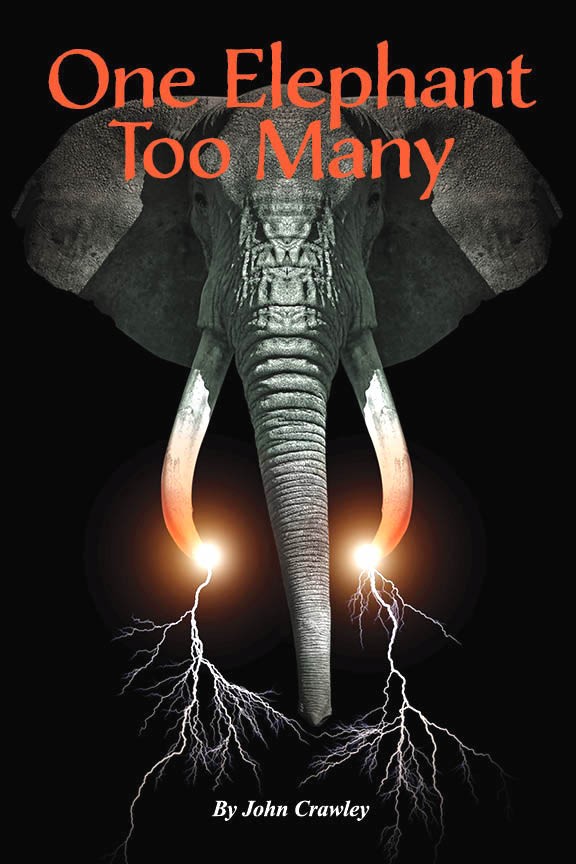
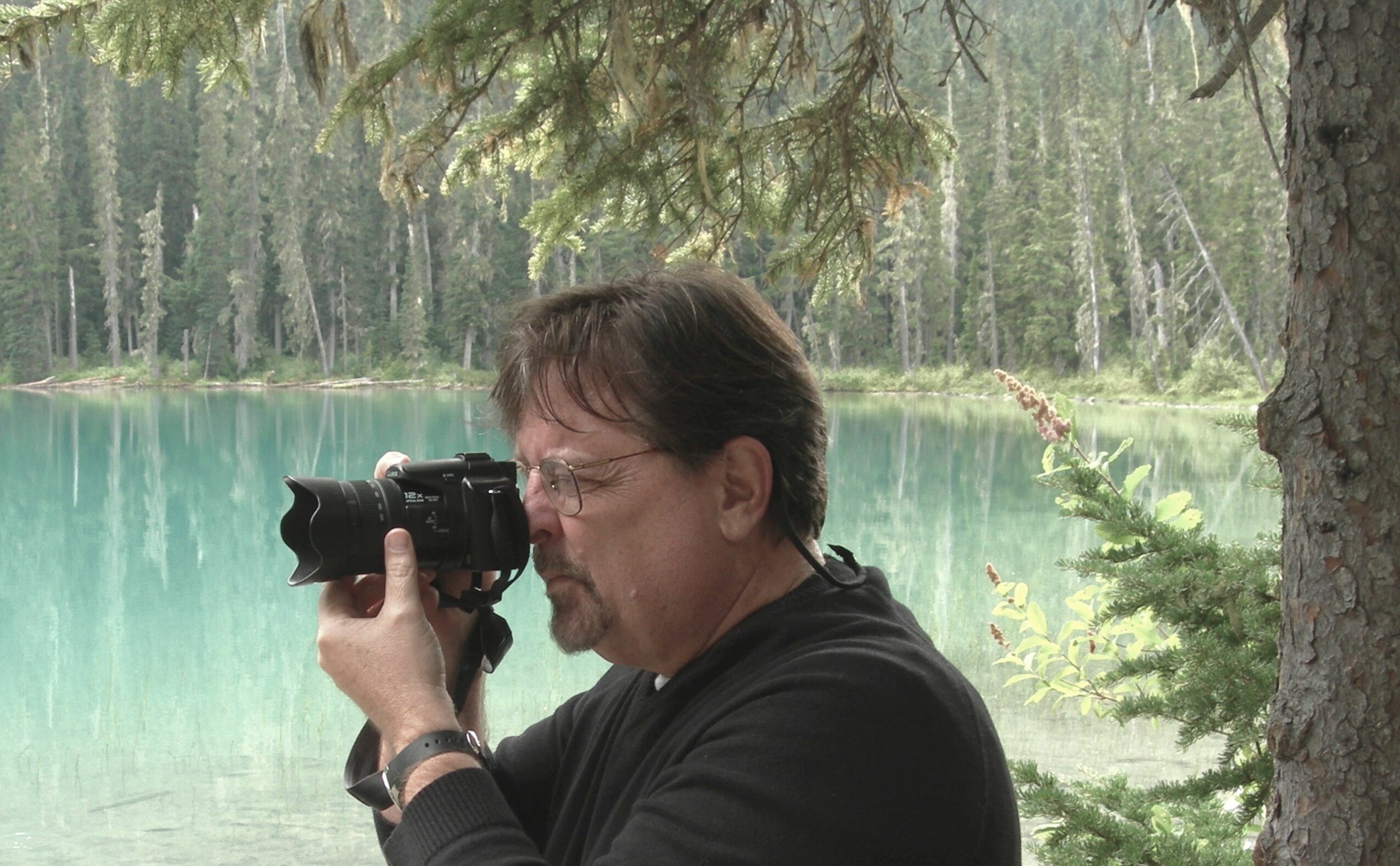
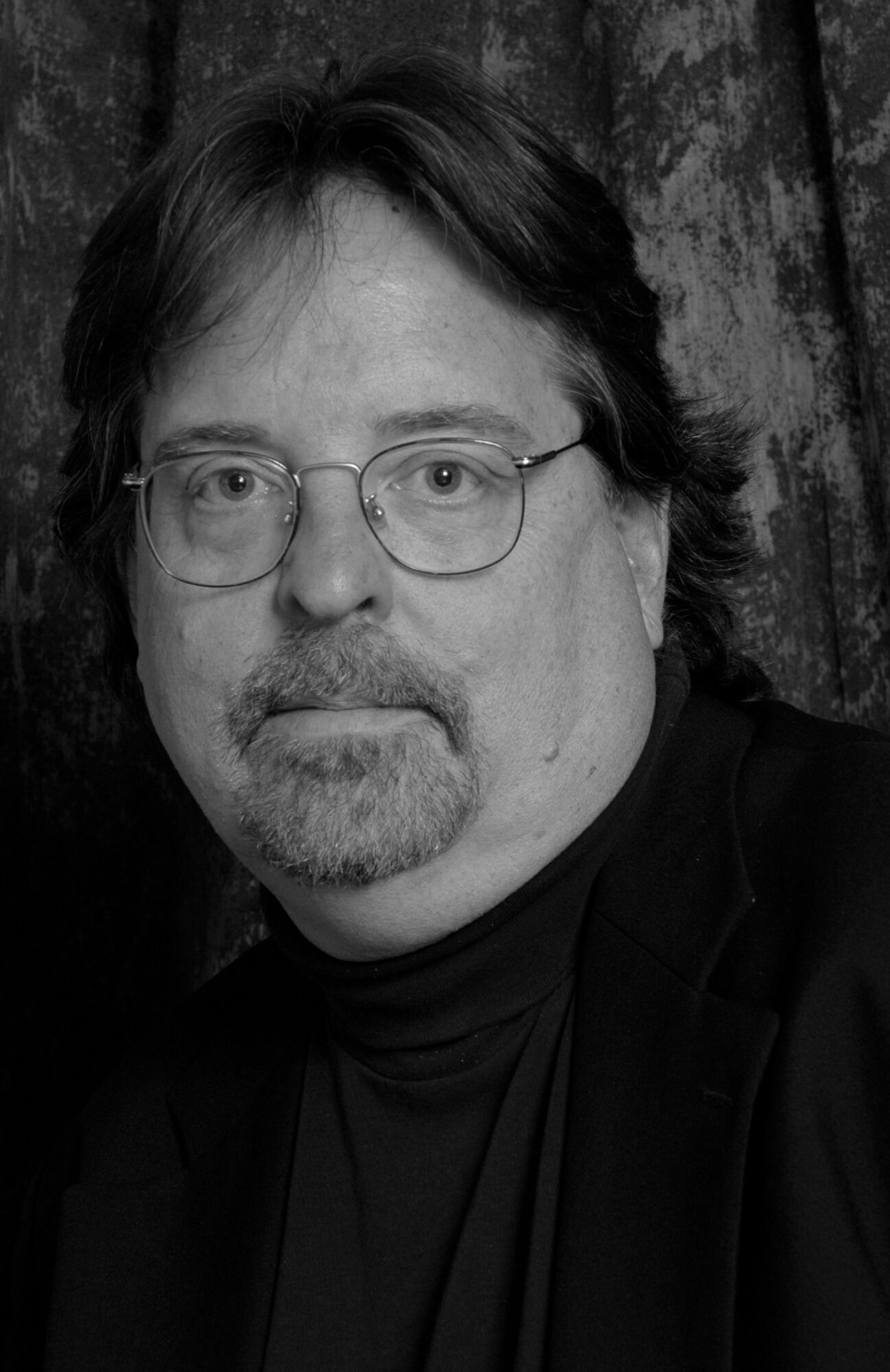
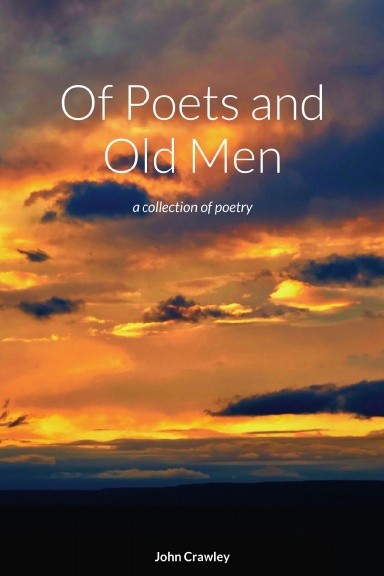
Image Credits
Ted Karch










